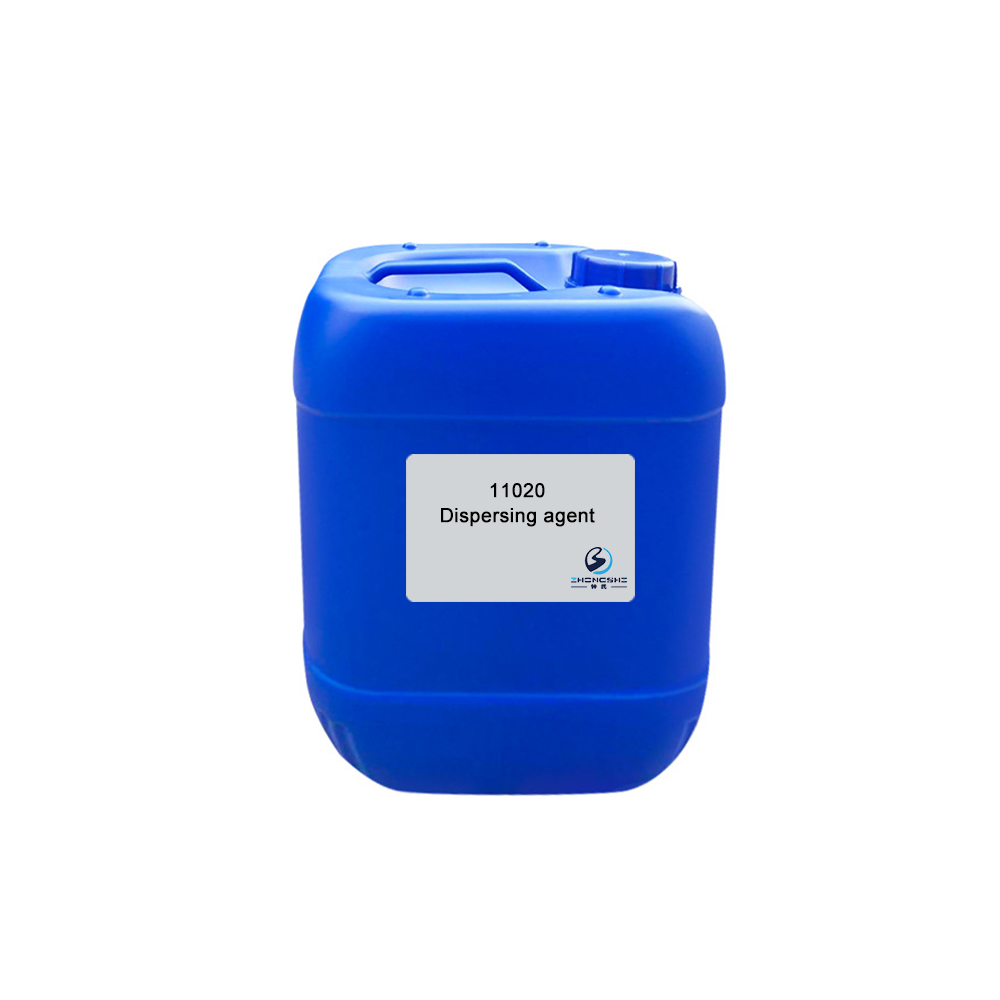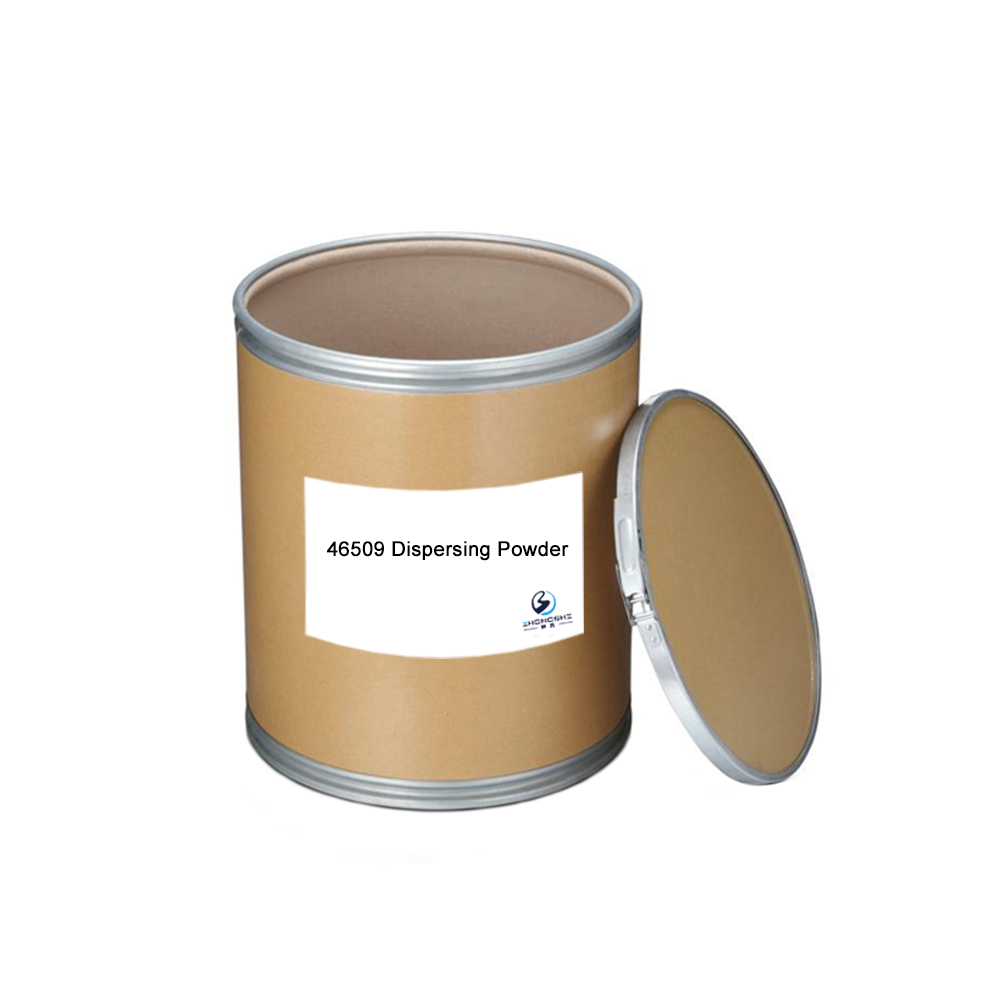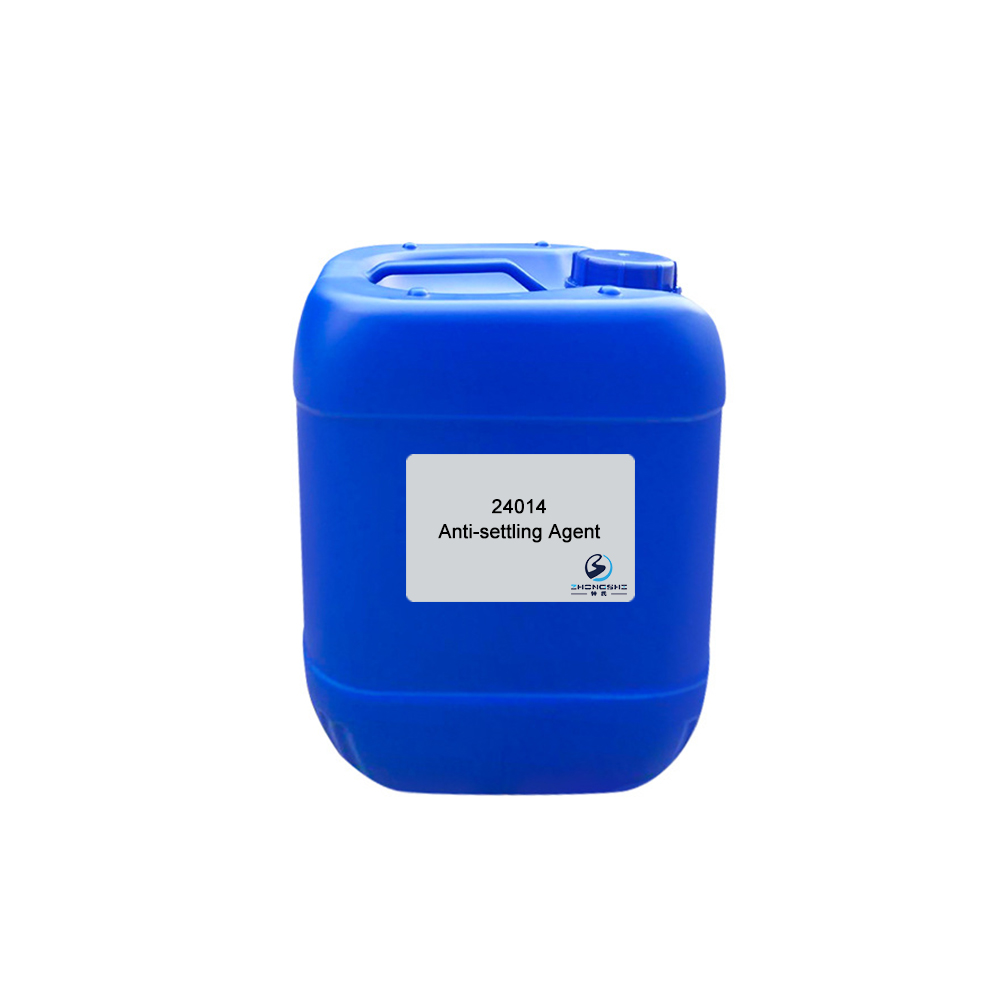11020 Anti-coagulation Agent
Features & Benefits
- Excellent ability of dispersing and dissolving for various kinds of dyes. Can prevent coagulation of dyes.
- Achieves uniform dyeing for fabrics and yarns.
- Imparts fabrics and yarns pure and bright color shade.
- Improves the quality of dyed fabrics and yarns.
Typical Properties
| Appearance: | Light yellow transparent liquid |
| Ionicity: | Anionic |
| pH value: | 6.0±0.1 (1% aqueous solution) |
| Solubility: | Soluble in water |
| Content: | 26% |
| Application: | Various kinds of fabrics |
Package
120kg plastic barrel, IBC tank & customized package available for selection
★ Dyeing auxiliary products can improve leveling effect and dye-uptake, etc. We provide dyeing auxiliaries which can be applied in different kinds of dyeing machines. Include: Leveling Agent, Anti-migration Agent, Fixing Agent, Dispersing Agent, Soaping Agent, Reserving Agent, Dyeing Buffer Alkali and Dyeing Mordant, etc.
TIPS:
Direct dyes
These dyes are still widely used for dyeing cotton because of their ease of application, wide shade gamut and relatively low cost. There was still a need for mordanting cotton in order to dye it, except in a few cases where natural colorants such as Annato, Safflower and Indigo were used. The synthesis of an azo dye with substantivity to cotton by Griess was of great importance because mordanting was not necessary to apply this dye. In 1884 Boettiger prepared a red disazo dye from benzidine which dyed cotton ‘directly’ from a dyebath containing sodium chloride. The dye was named Congo Red by Agfa.
Direct dyes are classified according to many parameters such as chromophore, fastness properties or application characteristics. The major chromophoric types are as follows: azo, stilbene, phthalocyanine, dioxazine and other smaller chemical classes such as formazan, anthraquinone, quinoline and thiazole. Although these dyes are easy to apply and have a wide shade gamut, their wash-fastness performance is only moderate; this has led to their replacement somewhat by reactive dyes which have much higher wet and washing fastness properties on cellulosic substrates.







